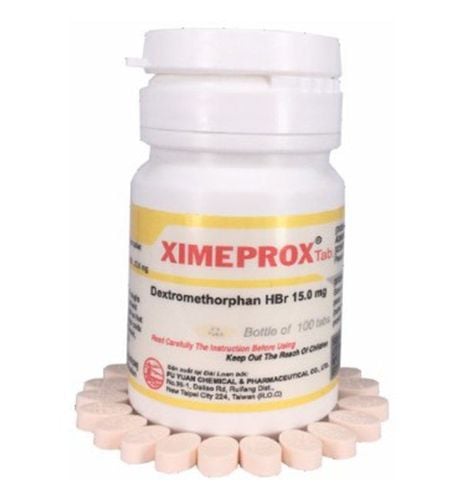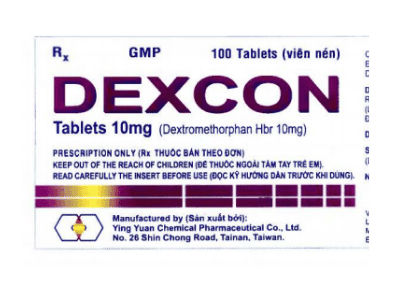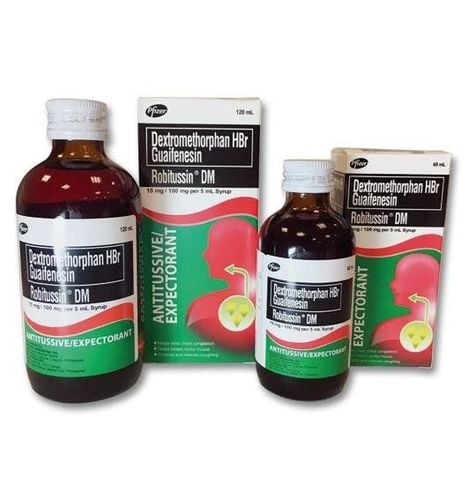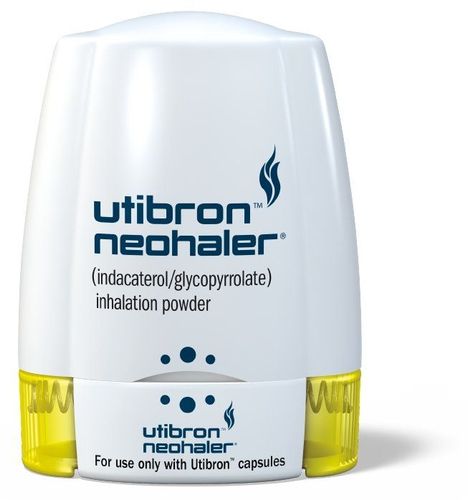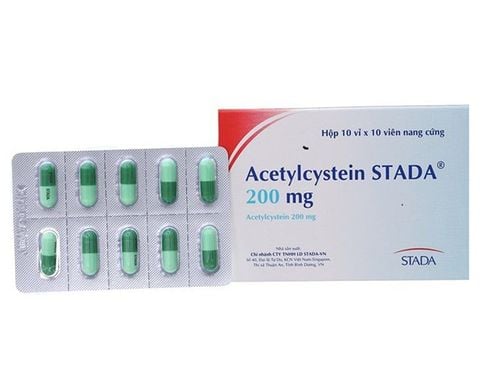This is an automatically translated article.
Zonatuss is a prescription medicine indicated for the treatment of coughs caused by colds and other respiratory problems in children 10 years of age and older. The article will provide information about the uses, dosage and notes when using Zonatuss.
1. What are the uses of Zonatuss?
Zonatuss contains the active ingredient Benzonatate, a prescription medicine used to treat coughs caused by the common cold and other respiratory problems such as pneumonia, bronchitis, emphysema, and asthma.Benzonatate works by reducing the activity of receptors in the respiratory tract and thus reducing the cough reflex. The drug begins to work within 15 to 20 minutes and lasts 3 to 8 hours. Zonatuss can be used alone or in combination with other medicines. The safety and efficacy of Zonatuss have not been established in children under 10 years of age, and therefore its use in children under 10 years of age is not recommended. Zonatuss is contraindicated in patients with known hypersensitivity to benzonatate or related compounds.
2. Dosage and usage of Zonatuss
How to use:
Zonatuss is taken orally, with or without food. Patients usually take it 3 times daily as needed or as directed by a physician. Note that you need to swallow the medicine whole, do not chew or hold the medicine in your mouth because it can cause loss of sensation in the mouth/throat and lead to choking or a serious allergic reaction. Get medical help right away if the numbness persists or gets worse.
Dosage:
Dosage is based on the patient's medical condition and response to therapy. Adults and children 10 years of age and older, take 100 milligrams, 3 times a day. Do not take more than 200mg at a time or more than 600mg per day. Taking more Benzonatate than prescribed will not make the cough go away any faster and can lead to serious side effects. Tell your doctor if cough persists or worsens
3. Side effects of Zonatuss
Patients taking Zonatuss may experience side effects including drowsiness, dizziness, headache, nausea, stomach pain, constipation, and nasal congestion. Tell your doctor right away if you have any serious side effects, including changes in mood, loss of sensation in your chest, or burning in your eyes.
Very serious allergic reactions to Zonatuss are very rare. The possibility of an allergic reaction may be increased if the patient chews, sucks or dissolves the medication in the mouth. Get medical care right away if a patient has symptoms of a serious allergic reaction, including: Rash; itching and swelling in the face, tongue, throat; severe dizziness; shortness of breath ; faint.
4. Overdose and treatment
Zonatuss overdose can lead to death, especially in children. The hallmark of an overdose is CNS stimulation causing restlessness and tremors, which can lead to convulsions, followed by severe CNS depression. If the capsule is chewed or dissolved in the mouth, the patient may develop oropharyngeal numbness, choking, and damage to the airways. Signs and symptoms of benzonatate overdose have been reported within 15 to 20 minutes of ingestion. Convulsions, coma, cerebral edema, and cardiac arrest leading to death have been reported within 1 hour of dosing.
Treatment: In case of overdose, the patient should immediately go to medical facilities. Your doctor may prescribe gastric lavage and activated charcoal to remove the drug. Convulsions should be treated with intravenous barbiturates and the dosage adjusted carefully. Support for respiration and cardiac-renal function is an essential measure in the treatment of severe toxicity due to overdose. Do not use CNS stimulants when overdose of Zonatuss.
5. What are the precautions when using Zonatuss?
Benzonatate is associated with anesthetic agents of the para aminobenzoic acid group (eg, Procaine, Tetracaine) and may cause CNS side effects. Cases of psychosis and hallucinations have also been reported in patients receiving benzonatate in combination with other prescription medications. Serious hypersensitivity reactions including bronchospasm, laryngospasm, and cardiovascular collapse have been reported, especially in patients who suck or chew capsules instead of swallowing. Store Zonatuss medicine out of reach of children. Accidental ingestion by children can lead to death. If the child shows signs such as restlessness, tremors, convulsions, coma and cardiac arrest due to ingestion of drugs, the child should be taken to medical facilities immediately. Notify doctor or pharmacist if patient is taking other products that can cause drowsiness, such as opioid pain relievers or cough suppressants (Codeine, Hydrocodone); alcohol; sleeping pills (Alprazolam, Lorazepam, Zolpidem); muscle relaxants (Carisoprodol, Cyclobenzaprine) or antihistamines (Cetirizine, Diphenhydramine). Because the above drugs can interact with Zonatuss and increase side effects on the central nervous system. Pregnancy: It is not known whether Benzonatate can harm an unborn baby or affect fertility. Therefore, Benzonatate should be used in pregnant women only when clearly needed. Lactation: It is not known whether the drug is excreted in human milk. Benzonatate should be used with caution in nursing women. The article has provided an overview of the drug Zonatuss. To ensure optimal effectiveness of the drug and prevent side effects, patients should consult their doctor or pharmacist before use.
Please dial HOTLINE for more information or register for an appointment HERE. Download MyVinmec app to make appointments faster and to manage your bookings easily.




